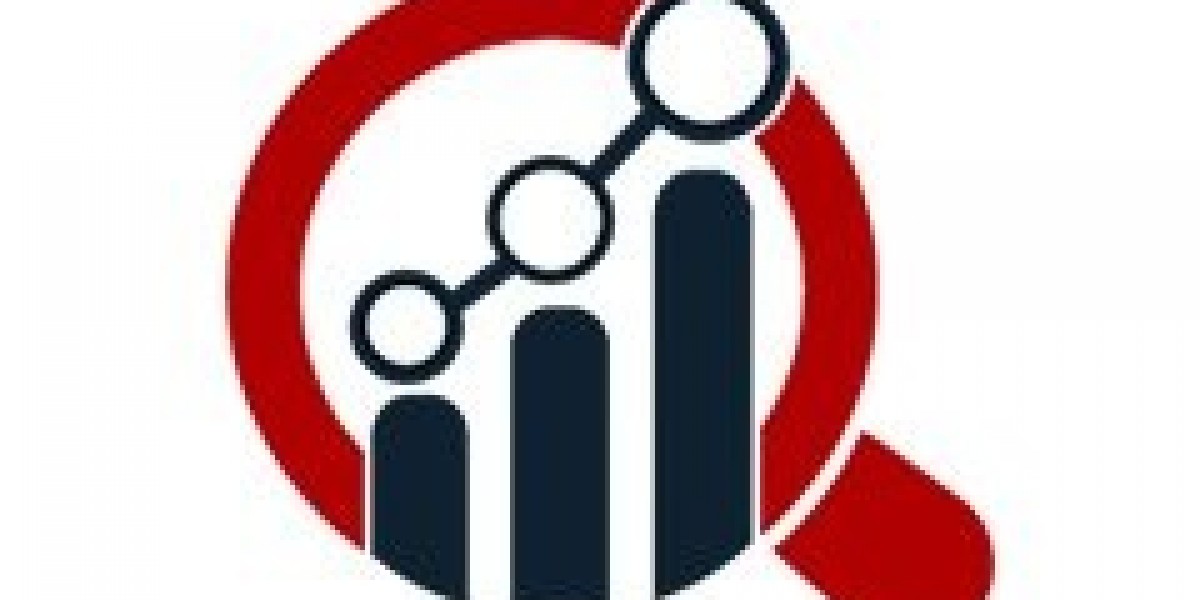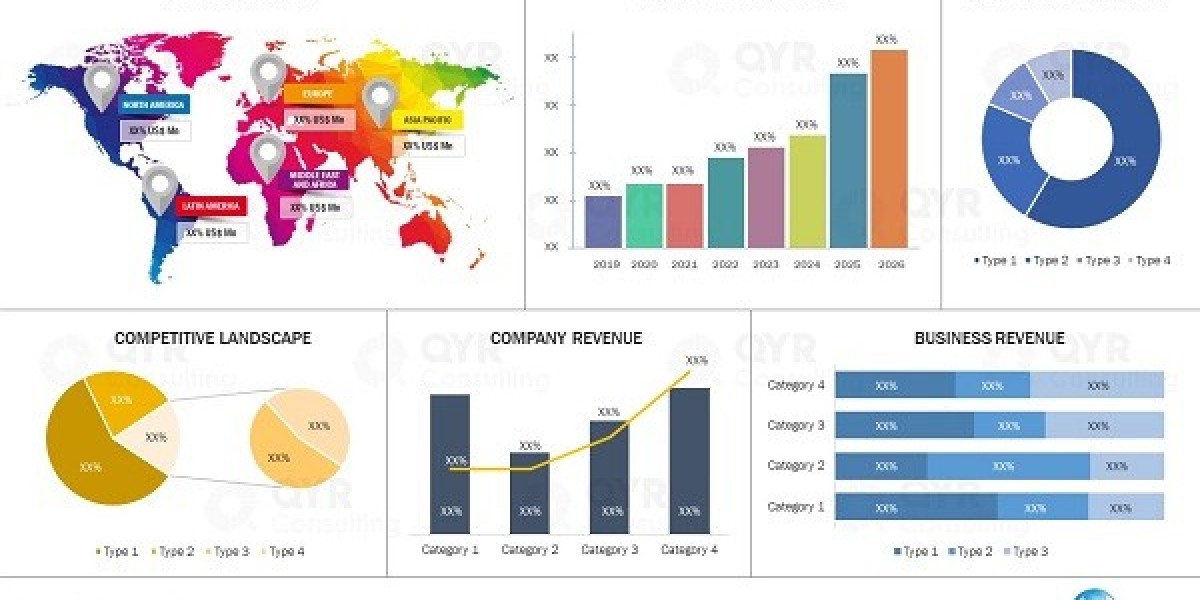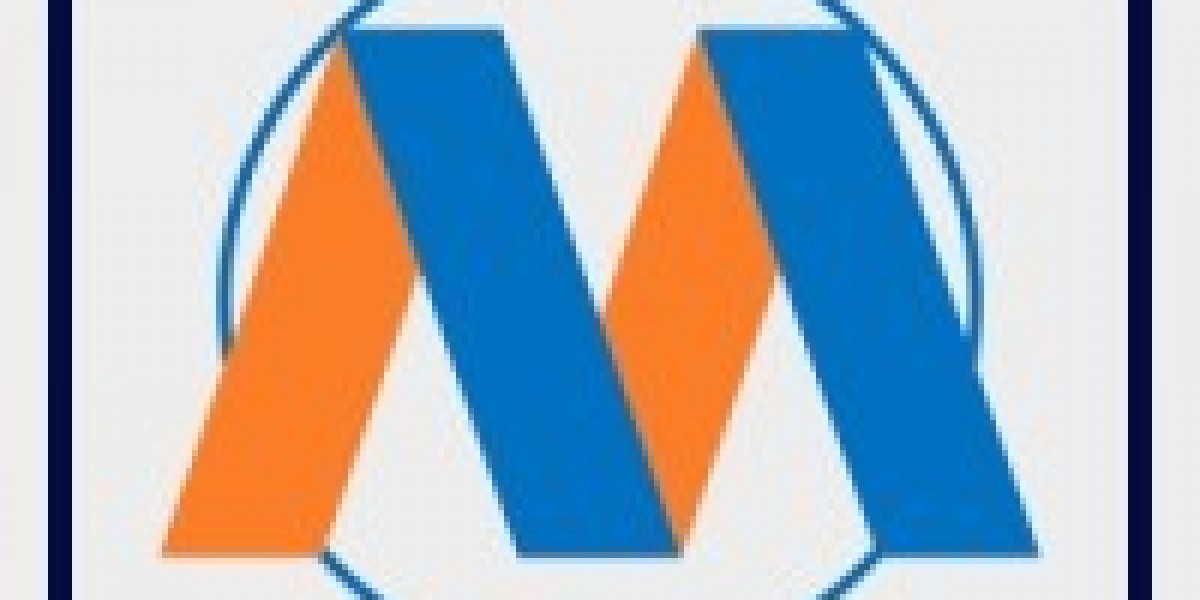Toxicology Consulting in the News: A Focus on Innovation, Regulation, and Market Growth
The field of toxicology consulting is experiencing dynamic growth and evolution, driven by advancements in testing methodologies, evolving regulatory landscapes, and an increasing global emphasis on product and environmental safety. Recent news highlights key trends, from the adoption of New Approach Methodologies (NAMs) to strategic expansions by leading consulting firms.
The Rise of New Approach Methodologies (NAMs) and Automated Workflows
A significant shift in toxicology consulting is the accelerated adoption of New Approach Methodologies (NAMs), which aim to reduce or replace animal testing. Innovations like in vitro assays, organ-on-a-chip (OOC) systems, and computational toxicology (in silico methods) are gaining traction.
- Automated metabolomics workflows are revolutionizing toxicology research, allowing for the simultaneous analysis of thousands of metabolites across numerous samples. This automation significantly enhances efficiency, consistency, and cost-effectiveness in laboratories. Projects like the Precision Toxicology Initiative are leveraging these advancements to generate vast amounts of biological data, paving the way for new international standards for toxicity testing.
- Firms like CN Bio are at the forefront, expanding access to their OOC solutions for global clients and launching advanced assay kits, such as the PhysioMimix® DILI assay kit: Human 24, for enhanced preclinical toxicology testing.
Regulatory Evolution and Global Collaboration
Regulatory bodies worldwide are increasingly embracing NAMs and demanding comprehensive toxicological evaluations for products entering their markets. This has led to a greater need for expert toxicology consulting to ensure compliance and support innovation.
- Recent news from REACH24H highlights the growing importance of national toxicologist certification in countries like China, alongside international accreditations such as the American Board of Toxicology (DABT) and European Registered Toxicologist (ERT) program. This signifies a global push for highly qualified toxicology professionals.
- Discussions around UK REACH transitional registrations suggest a greater emphasis on use and exposure information, potentially reducing the hazard information required for certain chemicals. This indicates a move towards more targeted and risk-based regulatory approaches.
- The FDA and NIH have also announced a new, joint innovative research initiative, underscoring a commitment to advancing public health through robust scientific endeavors, which will undoubtedly impact toxicology research and consulting.
Market Expansion and Strategic Mergers
The toxicology consulting market is experiencing robust growth, with projections indicating significant expansion in the coming years. This growth is fueled by increased R&D in pharmaceuticals and biotechnology, stringent regulatory requirements, and the continued outsourcing of toxicology testing to specialized Contract Research Organizations (CROs).
- ToxStrategies has been active in strategic acquisitions, recently acquiring Suttons Creek and Clintrex Research Corporation in 2024. These moves bolster their multidisciplinary scientific consulting capabilities and enhance their offerings across pharmaceutical development and commercialization.
- J.S. Held also announced a significant expansion of its toxicology consulting services in May 2024, welcoming a team of 20 toxicologists, health scientists, and industrial hygienists. This expansion positions them as one of the largest toxicology consulting and expert services teams globally, strengthening their ability to advise on complex health-based and environmental matters.
- The market is characterized by high innovation, with a focus on integrating evidence from various technologies, including microphysiological systems and artificial intelligence/machine learning, to enhance predictive toxicology.
Addressing Emerging Threats and Future Directions
Toxicology consultants are also actively engaged in addressing emerging public health concerns and shaping the future of the field.
- Studies on ultrasonic cigarettes and the potential health risks posed by airborne microplastics and nanoplastics are prompting urgent needs for improved detection, mitigation strategies, and global policies, all areas where toxicology consulting plays a crucial role.
- The focus is shifting towards a human exposome project, aiming to better integrate the exposure side of disease by focusing on real-world exposures and leveraging multi-omics data. This move towards an "exposure-driven" paradigm will necessitate new approaches in risk assessment and safety evaluation.
The toxicology consulting landscape is clearly dynamic, driven by technological advancements, evolving regulations, and a heightened global awareness of chemical safety. Consulting firms are adapting by embracing innovative methodologies, expanding their expertise, and playing a critical role in safeguarding human health and the environment.








